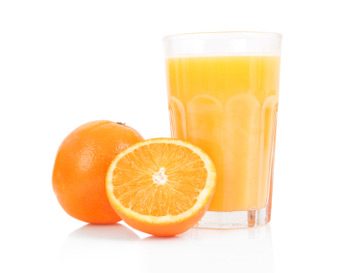Fit Mom: Canadians are topped up on folic acid
A recent study of 35,000 Canadians, published in the American Journal of Clinical Nutrition, says that few of us are

A recent study of 35,000 Canadians, published in the American Journal of Clinical Nutrition, says that few of us are getting inadequate amounts of folic acid, a B vitamin. That’s good news. Folic acid (the synthetic form of B vitamins) and folate (the natural form of B vitamins found in foods) helps make red and white blood cells and can help reduce the risk of neural tube defects in babies. In 1998 Canada began adding folic acid to white wheat flour and it has made an impact on our nutrition.
Children younger than 14 were found to have adequate levels of folate mainly from food sources alone. Food sources of folate include dark leafy greens, orange juice, dried beans and peas. Foods fortified with folic acid include cereals, pastas and bread. Researchers say that because the food fortification has been so effective, folic acid in vitamin pills for children may not be necessary. In fact, getting too much folic acid can actually have health risks’it can trigger symptoms of B 12 deficiency and other studies have shown it may have an association to increased risk for certain cancers, including colon and prostate. (However, the studies did not show that folic acid was the reason for the elevated risks.)
Dr. Deborah L. O’Connor, the senior researcher on this study at the Hospital for Sick Children in Toronto, says parents should not panic about the possibility of their child getting too much folic acid from their multivitamin but they can look for brands that contain either no folic acid or relatively low amounts. (This advice goes for men too, as they were shown to have almost no inadequacy, while women 70 and older seemed to be the only group with a high prevalence of folate inadequacy.)
The recommended daily intake from all sources is 150 mcg for children age 1 to 3; 200 mcg for kids age 4 to 8 and 300 mcg for kids ages 9 to 13. Older teens and men should get 400 mcg. Women age 14 to 50, should get 400 mcg in supplement form, plus naturally occurring folate from food sources. Women over 70 should get 400 mcg in total folate daily. The researchers stressed the importance of women of child-bearing age and those who are pregnant, to continue taking folic acid supplements to help reduce the risk of neural tube defects.
Related:
‘ Are fortified foods worth the price?
‘ The best sources of vitamin D
‘ 6 supermarket foods and their health claims: Are they true?




